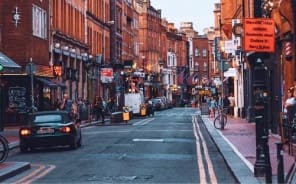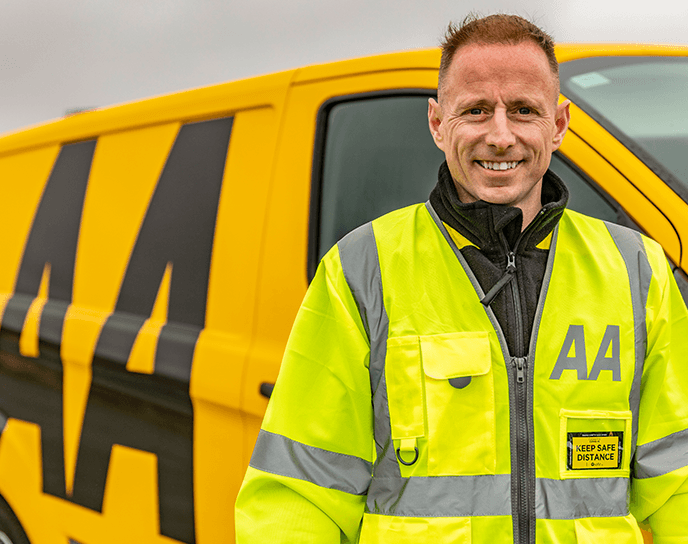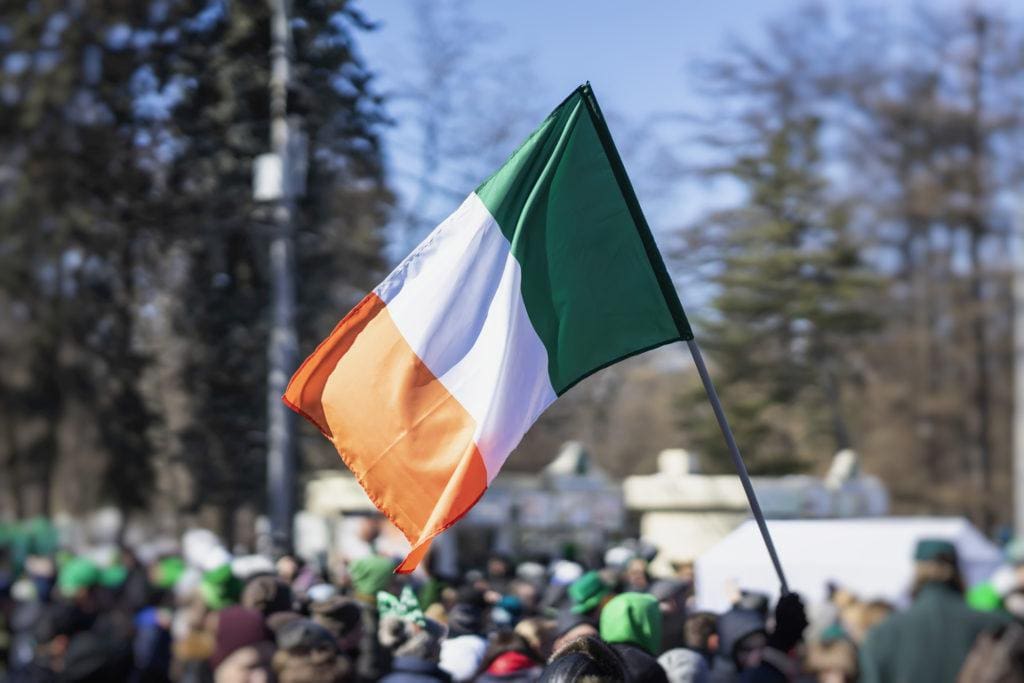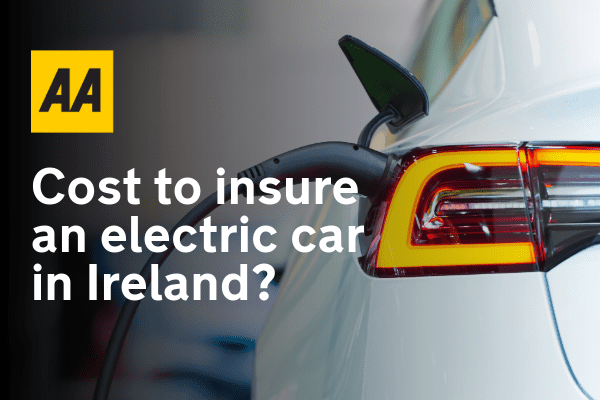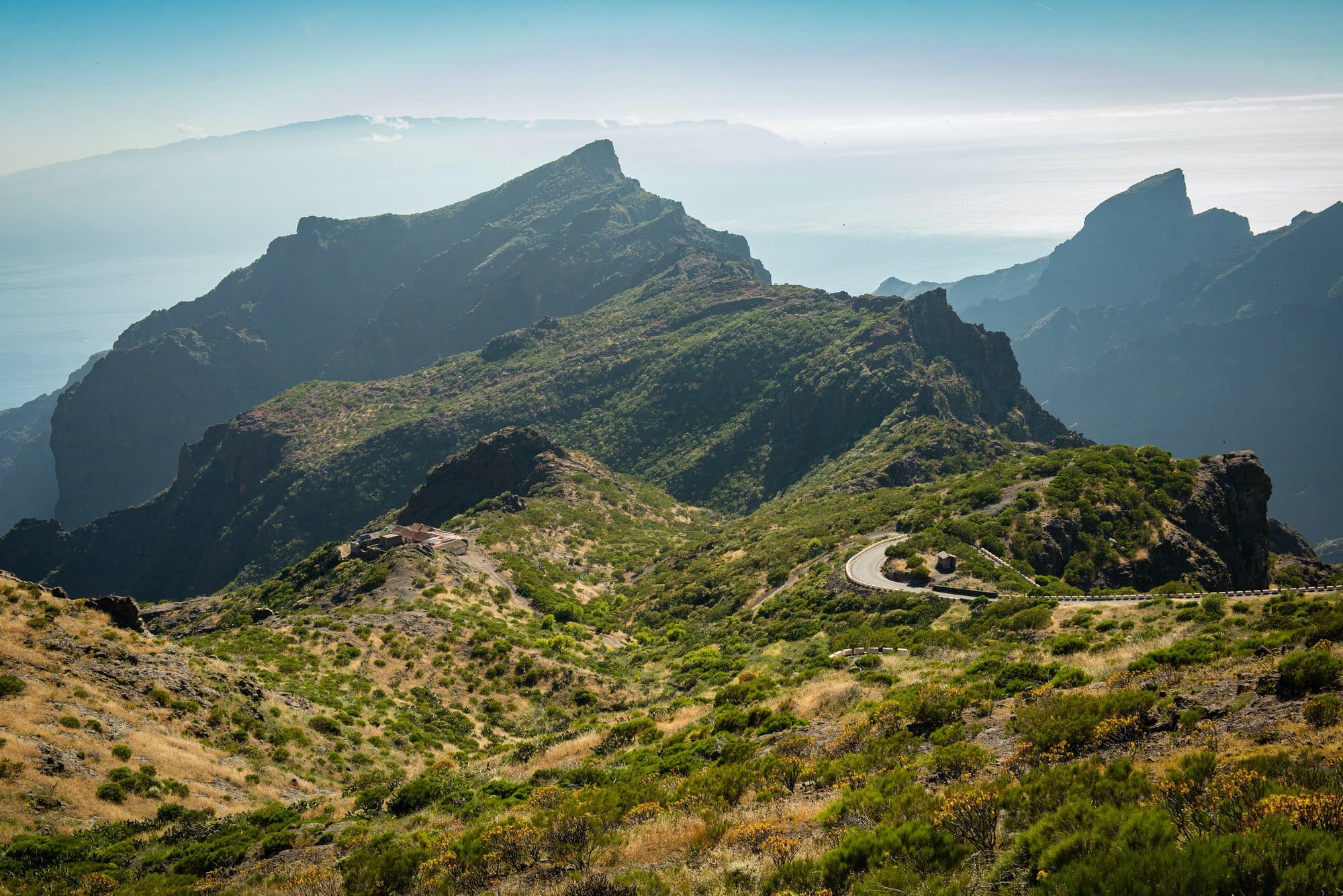Ahead of the bank holiday weekend, the AA is urging all road users to take extra care, as traffic volumes are set to increase in the coming days.
Whether people are travelling to the St Patrick’s Day festivities, or simply making a journey over the weekend, it’s important to remember that lots of traffic restrictions will be in place country-wide, especially on Thursday.
St Patrick’s Day
After two years, a number of colourful and fun-filled parades will descend on towns and villages across the country this Thursday 17th March to celebrate our patron saint.
“If you are travelling on Thursday, then we would advise that you allow extra time for your journey, whether it is by car or public transport. Be mindful of pedestrians and cyclists out and about, slow down and adapt your driving to whatever weather conditions are at play,” says AA Ireland spokesperson Anna Cullen.
“With all the parades, sports events and family friendly activities taking place there’ll be lots of diversions and changes to public transport, so be sure to plan your journey in advance. If you’re planning to drive then take note of any road closures that may be in place, and obey them,” Cullen adds.
“Remember that not all parades are being held on Thursday 17th – some will be spread out across the weekend,” she adds.
With an increase in car breakdowns expected over the weekend, in part due to the number of people undertaking longer journeys, AA Rescue will also be deploying additional resources to cope with demand.
“With the long weekend, it’s likely that more people will be driving greater distances. So we would advise motorists to give their car a once over before setting off,” states Cullen.
Driving dangers
The AA fully supports the appeal by the RSA and An Garda Síochána for all road users to not drink and drive this weekend.
AA Ireland states that the effects of alcohol on driving can linger on long after a night out. So, if you have been drinking, it’s of vital importance that you don’t get behind the wheel of a car until it is safe to do so.
“Plan your night out carefully, and think about the next day too. We often forget that alcohol can continue to impact on your reaction times, driving ability and concentration into the following day, depending on how much you have consumed,” says Cullen.
“People may also suffer from fatigue after a long journey. So, slow down, stop and take breaks where necessary. As well as this, make sure to wear your seat belt and reduce your speed. Stay safe on the road,” she adds.
Fuel consumption
For motorists who are making longer trips this weekend, lots of things can be done to reduce fuel consumption.
“One tip we usually give motorists is to accelerate gently. Use your right foot lightly to move off and get up to speed. Go easy on the brakes. Remember that sharp braking wastes energy – instead, ease off the accelerator and move down the gears in plenty of time to smoothly come to a stop,” says Cullen.
Another tip by AA Ireland is to reduce your speed – a vehicle travelling at 120km per hour uses about 20% more fuel than the same vehicle at 100km per hour. When travelling, maintain a steady speed. Constant changes in speed use more fuel and are a waste of energy and money. Consider using the cruise control function if the car has it.
“Lighten the load in your vehicle by removing unnecessary items, the heavier your car the more fuel used. Be a smart shifter too because driving fast in a low gear makes the engine work harder and uses more fuel. Most modern cars have a dashboard indicator to tell the most efficient time to change gear – use it,” adds Cullen.
“Using the car’s air conditioning system can increase its fuel consumption by as much as 20%. In town or city traffic, open the windows instead. And if the air-con needs to be used, use the ‘re-circulate’ option to save energy,” she adds.
Some more tips from the AA include removing roof racks, roof boxes and cycle racks when they’re not being used, as they increase drag. Finally, walk or cycle for short trips, and use public transport when possible.

